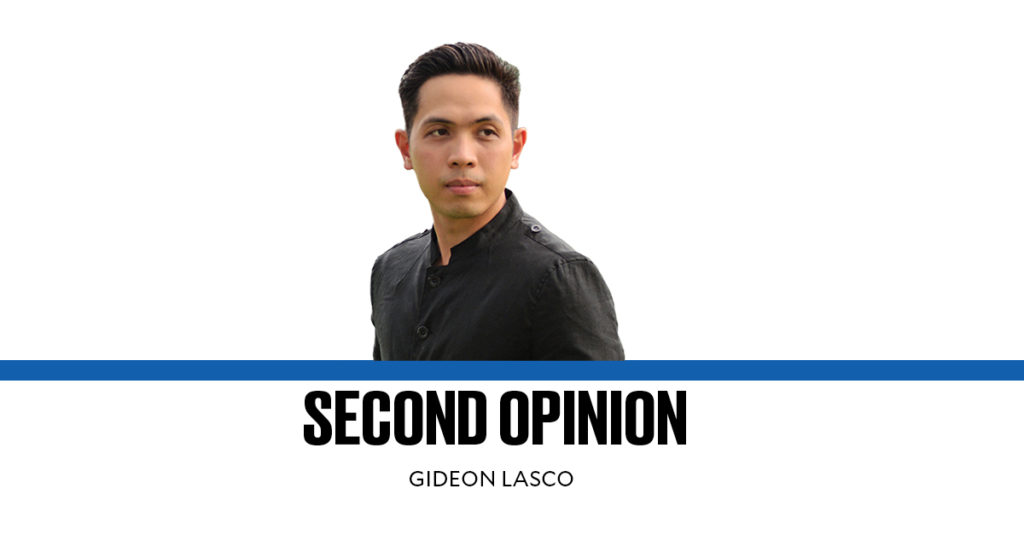
It has been exactly six months since I wrote about face masks in this column, and the world has drastically changed since. Back then, people hoarded masks amid fears of ash fall, and what inspired me to write the piece was, in part, the sight of some of my UP Diliman students wearing them in Palma Hall—as well as travelers wearing them in Bangkok’s Suvarnabhumi Airport—as the first cases outside Wuhan of what was then called 2019-nCoV were being reported.
Today, neither physical classes nor plane rides are possible, and the Taal Volcano eruption is but a distant memory. Meanwhile, masks are ubiquitous, not just as a personal preference but a legal requirement and social expectation in public spaces. Then as now, “masks serve as a physical and symbolic barrier between the body-self and the outside world, giving people a sense of autonomy and security against threats imagined and real” — except that the threat today is far more real than imagined.
What has the past half-year taught us about masks, and what have the masks taught us about ourselves?
First, we see the changing nature of scientific consensus, especially when confronted with an uncharted illness. For a long time, public health agencies — from the WHO to the DOH — have insisted that mask-wearing is not recommended for public use. But today, the only debate is which kinds of masks are suitable for particular occasions (e.g. going to the hospital vs. going to a mall), and which instances merit an exemption. (Thankfully, the WHO recognizes that physical exercise — as long as physical distancing is practiced — is one of them.)
Second, we see how masks have taken on new meanings—from conformity and responsibility to individuality and resistance. Here in the Philippines, what we see — as Prof. Michael Tan and I write in a forthcoming journal article — is that people “titrate” their use of masks depending on their sense of familiarity with the people around them (note people’s lowered masks while hanging out with neighbors). Masks, then, serve as markers of intimacy, instantiating boundaries between what the anthropologist Prospero Covar calls “loob” and “labas,” or between the circles of Mary Douglas’ social universe.
The materiality of masks in social media is also illustrative: As people’s masked selfies show, they have been incorporated into our aesthetics; as the “policing” of unmasked photos reveal, they have also similarly been etched in our ethics.
Third, and related to the second, masks have taken on much greater political significance, with world leaders’ use (and non-use) of face masks being closely followed in their public appearances, and masks themselves becoming objects of a “moral politics” that blames people’s being “pasaway” for the pandemic. The fact that Donald Trump has finally decided to endorse face masks after months of not wearing — even ridiculing — them speaks of how political calculus can influence mask use both by politicians and their constituents.
Finally, we see how masks are evolving as part of our material and bodily culture, with entrepreneurs beginning to sell masks of various shapes, sizes, and designs (there are now dedicated mask stalls in markets and malls alike), and people using them as an expression of identity (note the protest masks during the Sona rallies). Alas, I also see discarded masks along the roads whenever I go cycling—and environmental groups are also rightfully concerned about their ecological impact.
Back then, I predicted — correctly, as it turned out — that face masks will become more common as the threat of a pandemic grows. Moving forward, I am not sure if I will make the same prediction for the long run, given how horrific the pandemic has turned out to be.
Perhaps mask use will become even more normalized, given that, in any case, we need protection not just from the virus, but also from worsening pollution and other pathogens.
But perhaps, too, as in the aftermath of the 1918 pandemic that killed millions around the world, masks would remind us of a terrible period that, once over, we would rather forget.
glasco@inquirer.com.ph